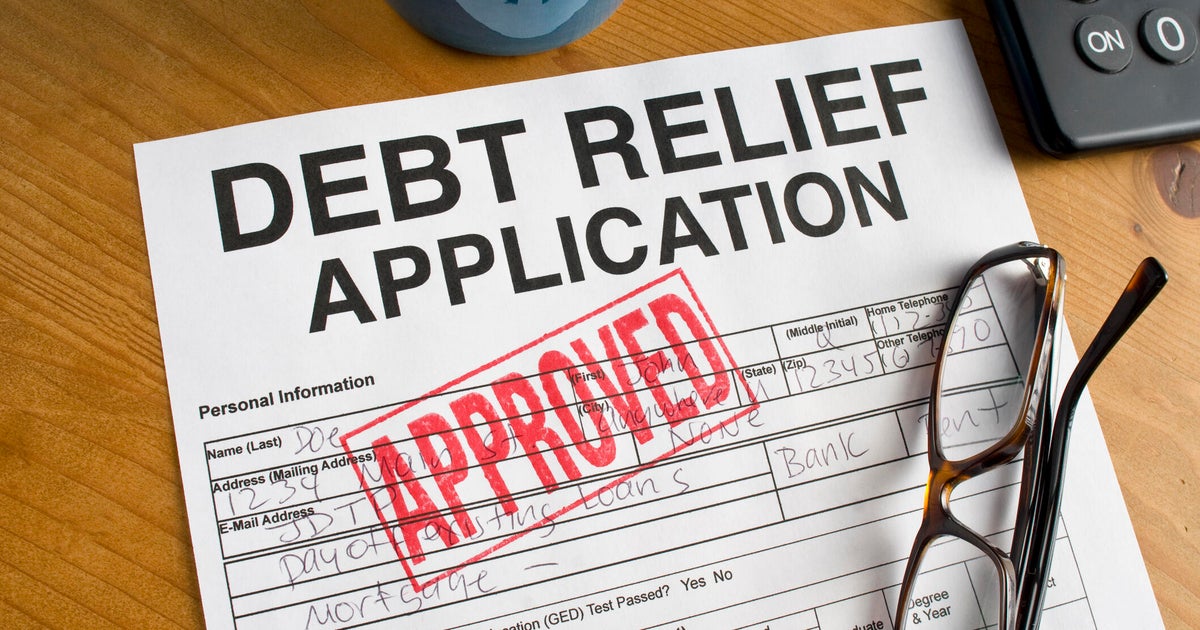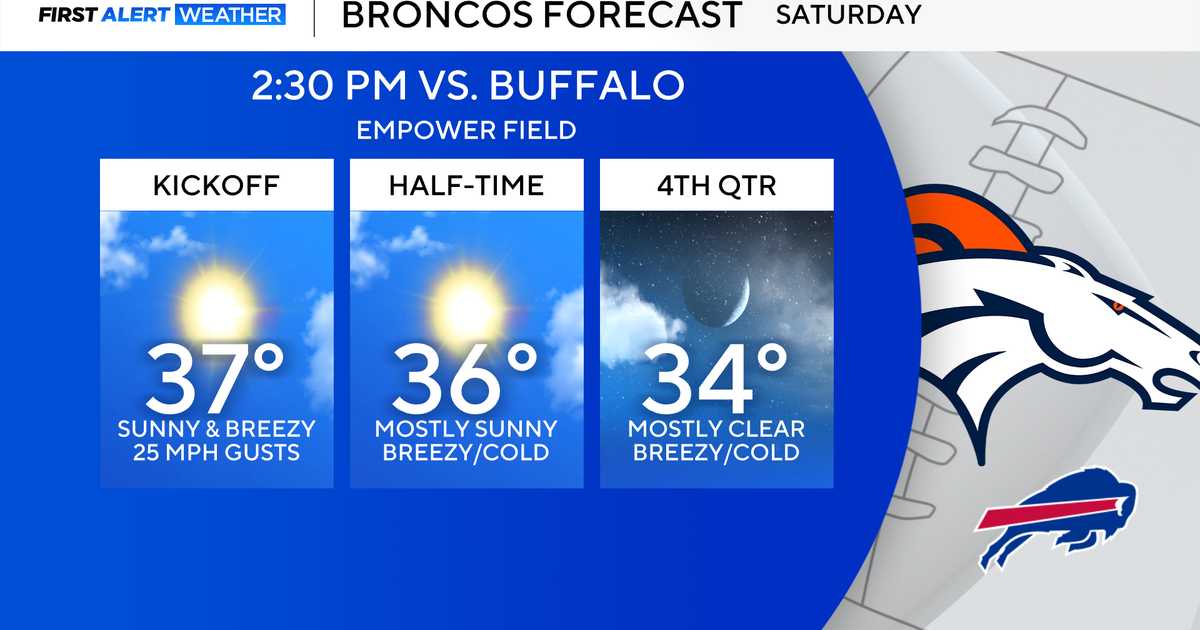6 crucial questions to ask before consolidating your credit card debt
There are clear dangers to racking up high amounts of credit card debt. But in today's inflationary environment, carrying at least some credit card debt can be tough to avoid. After all, the cost of consumer goods has increased rapidly over the last couple of years. In turn, it could be tough to avoid using your credit card for things like groceries, gas or other necessities, especially if you need to buy a little time before your next paycheck.
And, today's credit card debt issues are being further intensified by the elevated interest rate environment. With the Fed rate paused at a 23-year high, credit card interest rates now hover near 22% on average, making compound interest charges even more expensive than they were before. So, it's important to find ways to alleviate your credit card debt burden if you can.
Luckily, there are strategies to make your debt more manageable. One is debt consolidation, which involves rolling your credit card debt into one loan, typically with a lower interest rate than your cards. Debt consolidation can be pursued either independently through a debt consolidation loan or via a debt relief company's debt consolidation program, but either way, there are advantages and disadvantages to consider, so it's crucial to ask the right questions before deciding on this strategy.
Find out how the right debt relief company could help you get rid of your high-rate debt now.
6 crucial questions to ask before consolidating your credit card debt
Here are some of the important questions to ask before consolidating your debt:
What is my credit score?
Your credit score plays a significant role in determining the interest rates and terms you'll be offered for a debt consolidation loan. If your credit score has improved since you initially took on your credit card debt, you may qualify for more favorable rates. Conversely, if your score has declined, you might face challenges in securing a consolidation loan with better terms than your current debts.
Find out more about your top debt relief options online now.
How much can I realistically afford to pay each month?
Debt consolidation involves restructuring your debt into a single monthly payment, so it's essential to calculate a realistic monthly payment that you can consistently afford without straining your budget. Be honest with yourself about your spending habits and ensure that the new payment fits comfortably within your financial means. If it doesn't, you may need to consider other strategies.
What are the total costs associated with debt consolidation?
When considering a debt consolidation loan or program, look beyond the monthly payment and interest rate. Factor in any origination fees or other charges that might be associated with the consolidation process. And, be sure to calculate the total cost of consolidation over the life of the loan to ensure it truly saves you money compared to your current debt situation.
Some debt consolidation loans or programs may also impose penalties for paying off the debt early. If you anticipate being able to make extra payments or pay off the debt ahead of schedule, ensure that you won't be penalized for doing so.
How long will it take to pay off the consolidated debt?
Understanding the timeline for repaying your consolidated debt is crucial. While a longer repayment term might result in lower monthly payments, it could also mean paying more in interest over time. So, compare the payoff timeline of consolidation against your current debt repayment schedule to determine if consolidation offers a meaningful advantage.
What type of debt consolidation is best for my situation?
You should also consider whether a debt consolidation loan or a debt consolidation program would be more beneficial for your circumstances. For example, a debt consolidation program through a debt relief company may be a better option for someone with a lower credit score, as the lending parameters may be more flexible with this route. However, the interest rate on the loan could be higher in return.
What are the alternatives to debt consolidation?
Before committing to debt consolidation, explore your other debt relief options, such as negotiating with creditors, pursuing credit card debt forgiveness, enrolling in a debt management plan, or, in more severe cases, considering bankruptcy. Each alternative has its own set of pros and cons, and it's important to understand all your options before making a decision.
The bottom line
By carefully considering these questions and thoroughly evaluating your options, you can make an informed decision about whether debt consolidation is the right choice for your financial situation. Remember that while consolidation can be a powerful tool for managing debt, it's not a one-size-fits-all solution. Take the time to understand the nuances to this type of debt solution, and don't hesitate to seek advice if you're unsure about the best path forward.






